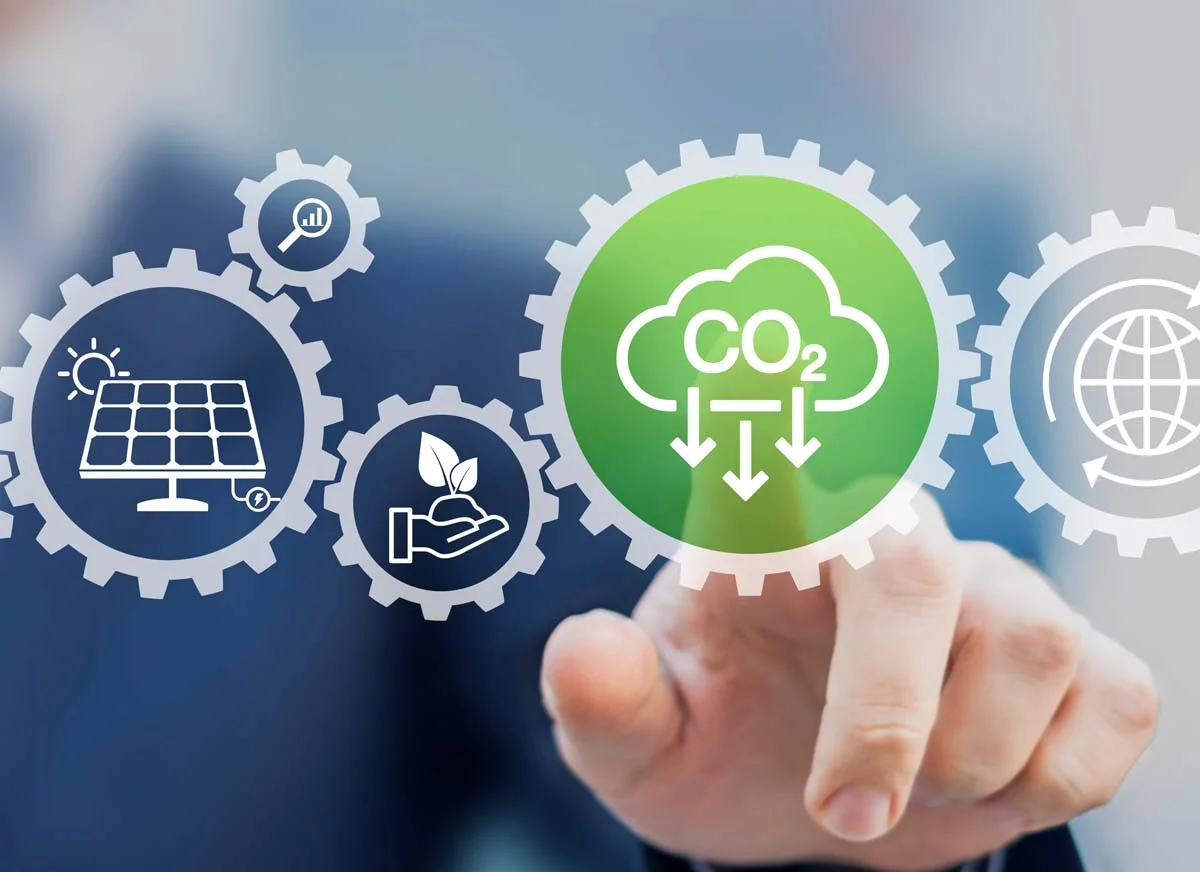How to Build Sustainability into Your Supply Chain Logistics

In an era where environmental responsibility is becoming increasingly critical, integrating sustainability into your supply chain and logistical operations is not just a trend but a necessity.
Businesses are recognising the importance of reducing their carbon footprint and implementing practices that support long-term ecological balance. This article explores actionable strategies and best practices for embedding sustainability into supply chain and logistical operations, highlighting sustainable logistics solutions and the latest research to guide your efforts.
Understanding Sustainable Logistics and Supply Chain
Sustainable logistics and supply chain management involve optimising logistics processes to minimise environmental impact while maintaining operational efficiency. This approach encompasses various practices, including reducing emissions, improving resource efficiency, and incorporating eco-friendly technologies.
5 Key Strategies for Sustainable Supply Chain Logistics
1. Optimise Transportation Routes
Taking advantage of advanced route planning tools can significantly reduce fuel consumption and emissions. By using data-driven insights, businesses can optimise delivery routes, decrease travel distances, and lower overall transportation costs.
2. Adopt Eco-Friendly Transportation Modes
Transitioning to electric or hybrid vehicles for transportation will cut down on greenhouse gas emissions. Additionally, exploring alternative fuels or investing in sustainable aviation fuels can further reduce the carbon footprint of logistics operations.
3. Implement Efficient Warehouse Management
Modernising warehouse operations with energy-efficient lighting, automated systems, and waste reduction practices will enhance sustainability. Utilising renewable energy sources, such as solar panels also contribute to a greener warehouse environment.
4. Enhance Packaging Practices and Increase Delivery Capacity
Reducing packaging waste by using recyclable or biodegradable materials will significantly reduce your environmental impact.
Optimising packaging design to minimise excess material and maximise space efficiency helps in reducing overall waste. Additionally, enhancing packaging practices can lead to better utilisation of vehicle space. By designing more compact and efficient packaging, businesses can optimise cargo loading, allowing for increased delivery capacity per shipment. This not only reduces the number of trips required but also maximises the use of vehicle space, thereby lowering fuel consumption and emissions associated with transportation.
5. Foster Supplier Collaboration
Engaging with suppliers to promote sustainable practices throughout the supply chain is crucial. Establishing sustainability criteria for supplier selection and encouraging environmentally friendly practices can create a more sustainable supply chain network.

Recommended Sustainable Logistics Solutions
Route Planning:
This tool optimises transportation routes using real-time data and advanced algorithms to reduce fuel consumption and emissions. It calculates the most efficient routes to minimise travel distances and overall fuel usage, aligning with sustainability goals.
Dynamic Route Optimisation:
This solution adapts routing in real-time based on current traffic conditions, weather, and other factors. By avoiding delays and minimising unnecessary fuel consumption, it supports more sustainable logistics practices.
Delivery Route Scheduling:
Provides advanced scheduling of deliveries to ensure that routes are planned in the most efficient order. This tool enhances delivery performance and reduces fuel usage and emissions by streamlining travel paths.
Route Optimisation for Multi-drop Deliveries:
Specially designed to handle complex multi-stop deliveries, this tool optimises route planning to increase the delivery density. It will minimise total travel time and reduce fuel consumption across multiple destinations.
Mobile Solutions:
Enhances sustainability by offering real-time tracking and data on vehicle performance and driver behavior. This solution helps optimise routes, reduce idle time, and improve overall fuel efficiency.
Telematics Solutions:
Telematics rovides detailed insights into vehicle and driver performance, including metrics on fuel consumption, driving patterns, and vehicle health. Monitoring these factors helps businesses make data-driven decisions to optimise routing, reduce emissions, and enhance sustainability.
Fleet Management:
Integrates with mobile and telematics solutions to deliver a comprehensive view of fleet operations. By leveraging real-time data and analytics, this solution optimises vehicle usage, improves route planning, and reduces environmental impact.
Descartes has many other logistics solutions that can weave into your sustainability strategy.
The Latest Research on Sustainability in Logistics: 2024 Home Delivery Sustainability

Download the Sustainability Report
Conclusion – Better for the environment is better for business
Integrating sustainability into supply chain logistics is not only beneficial for the environment but also enhances operational efficiency and supports long-term business success.
By adopting strategies such as optimising transportation routes, adopting eco-friendly transportation modes, and improving warehouse management, businesses can make significant strides toward more sustainable logistics.
Leveraging advanced solutions like those offered by Descartes, especially their routing solutions, further amplifies these efforts, making it easier to achieve sustainability goals. Staying informed about the latest research and trends will ensure that your supply chain remains at the forefront of sustainable practices.
Want to learn more? Contact one of our experts.

